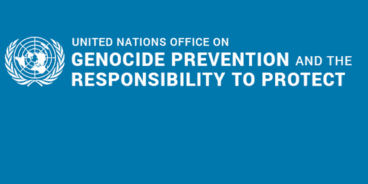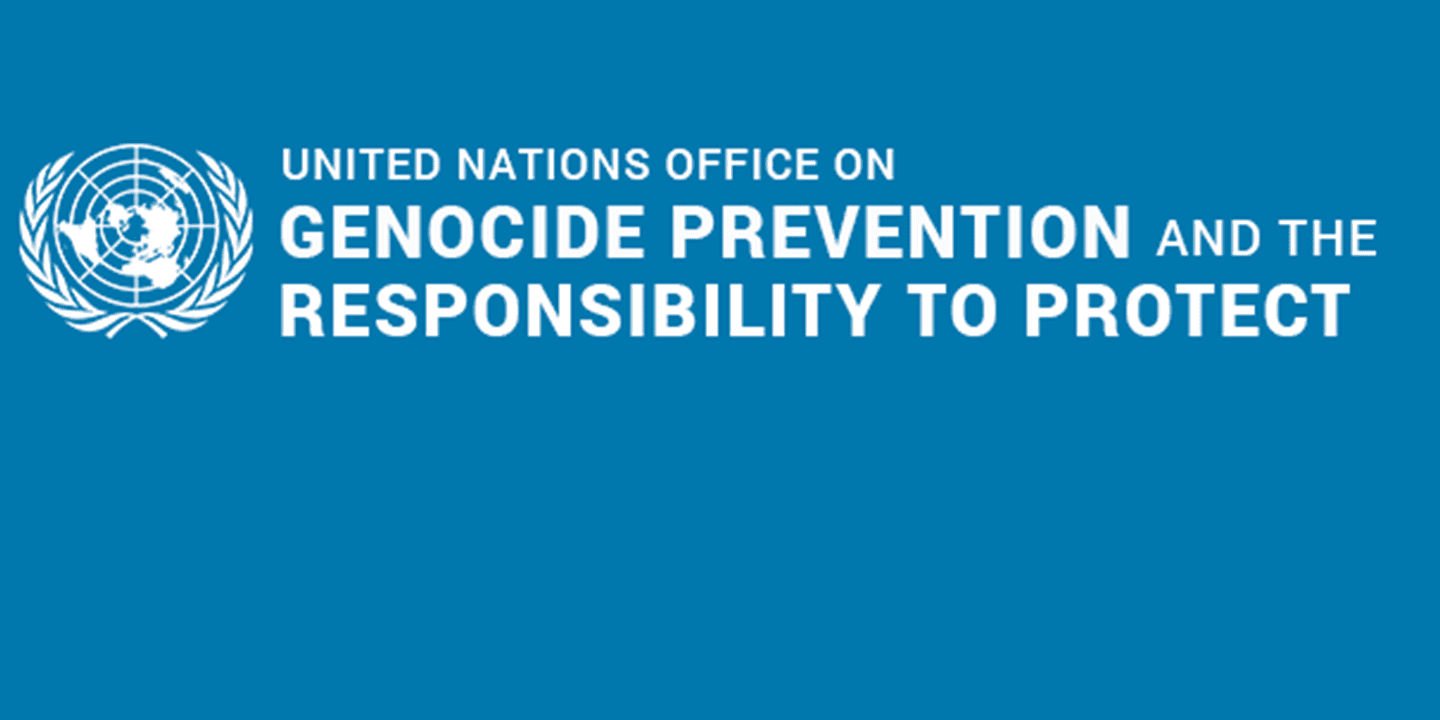

Statement by the UN Special Adviser on the Prevention of Genocide on the situation in Idlib, Syrian Arab Republic, 2018
(New York, 06 September 2018) The United Nations Special Adviser on the Prevention of Genocide, Adama Dieng, expressed his grave concern at increasing reports of a possible military offensive in Idlib, Syria, in the next days and the devastating impact that this would have on the civilians living there. Syrian Government forces have reportedly been amassing close to Idlib in readiness for an offensive and on 4 September, several airstrikes were reported to have been carried out across Idlib province.
Idlib is the last remaining de-escalation zone under the Astana de-escalation agreement of May 2017. It is an area in which hundreds of thousands of civilians have sought refuge. It is also the area to which the Government of Syria and its allies have evacuated thousands of civilians from Aleppo, Eastern Ghouta and most recently Dara’a and Qunaitra under “reconciliation agreements,” following government offensives in these areas. Many civilians have come to Idlib because it is a de-escalation zone, with the expectation that they would be safe. An estimated 2.9 million people are living there, including one million children. Of these, almost half have been displaced from other parts of the country.
A military offensive in Idlib could be catastrophic for the civilians who have sought protection there. Previous Government offensives in areas controlled by armed opposition groups in Syria have been carried out with little regard for the lives of civilians. On the contrary, grave violations of international humanitarian law have allegedly been committed during these offensives, including in some instances the alleged use of chemical weapons.
“All parties to the Syrian conflict have an obligation to protect civilians,” the Special Adviser stressed. “International law is clear. All military operations, including those that are aimed at countering terrorism, must respect basic principles of international human rights and humanitarian law. There can be no justification for the commission of international crimes.”
“Time and again we have witnessed the horrors faced by the civilian population in Syria – in Aleppo, in Eastern Ghouta, in Raqqah, and most recently in Dara’a and Qunaitra. Given the high population of civilians in Idlib, the impact of a military offensive there may be the worst we have seen in Syria yet.” The Special Adviser fully supports the call made by the Special Envoy for Syria, Staffan de Mistura, for a political solution to the crisis. The Special Adviser urged all parties to the conflict to ensure that civilians are afforded the protection they are entitled to under international law. “I call on the international community, in particular the Security Council and the countries that are parties to the Astana process, to hold the Government of Syria accountable for the protection of populations in Idlib and to take the necessary action to prevent another manmade tragedy in Syria.”
Related Content
